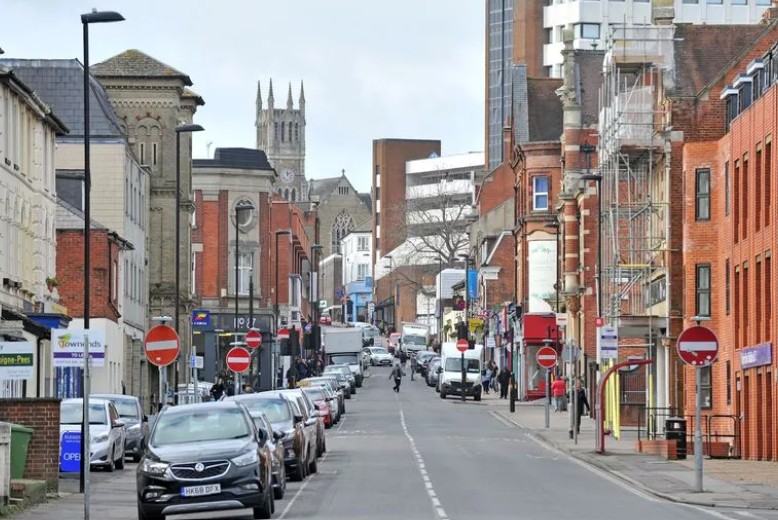Hampshire could see a major shift in council borders as leaders debate reorganization plans. Two proposals aim to reshape local governance for the next generation.
Debate Intensifies Over Hampshire Council Reorganization
Hampshire is on the brink of a significant transformation in local governance, mirroring similar reforms underway in Surrey. The county is undergoing Local Government Reorganization (LGR), a sweeping initiative that would dissolve existing authorities and replace them with larger, newly formed councils.
The move is intended to improve service delivery and cut administrative costs, but differing visions of how to redraw the region’s borders have sparked controversy among local leaders.
Competing Visions for Hampshire’s Future
Hampshire County Council, supported by East Hampshire District Council, has put forward a plan to split the county into three mainland councils and retain the Isle of Wight as a standalone unit. This proposed division would create councils based on North and Mid Hampshire, South-West Hampshire and Solent, and South-East Hampshire and Solent.
Councillor Nick Adams-King, Leader of Hampshire County Council, said the model “offers the best balance of simplicity, stability, and savings,” adding that it draws on “decades of experience delivering complex services” across the region.
An Alternative Proposal Gains Support
In contrast, the remaining 12 borough and district councils have proposed a different configuration, advocating for four mainland councils and keeping the Isle of Wight separate. Under their plan, the divisions would include a North, Midlands, South-West, and South-East authority—each designed to be smaller and more community-focused than the county council’s proposed regions.
In a joint statement, the 12 councils expressed concern over the County Council’s preferred model, warning that it could result in “remote, oversized councils, cut off from the places and people they serve.”
Residents Asked to Shape the Outcome
To gather public input, two surveys have been launched. The 12 borough and district councils are promoting their own public consultation in support of the four-council model. Meanwhile, Hampshire County Council and East Hampshire District Council have released a separate survey backing their three-council plan.
Both surveys are open to Hampshire residents and are expected to play a critical role in shaping the final decision.
A Defining Decision for Generations
Described by Councillor Adams-King as “one of the most significant decisions about the future of local government in our area for a generation,” the reorganization will impact service delivery, taxation, and political representation across Hampshire.
As public consultation continues, the debate reflects a broader national conversation about the structure, efficiency, and accessibility of local governance in the UK.
The final decision is expected to emerge following extensive public engagement and further review by relevant authorities later this year.


























